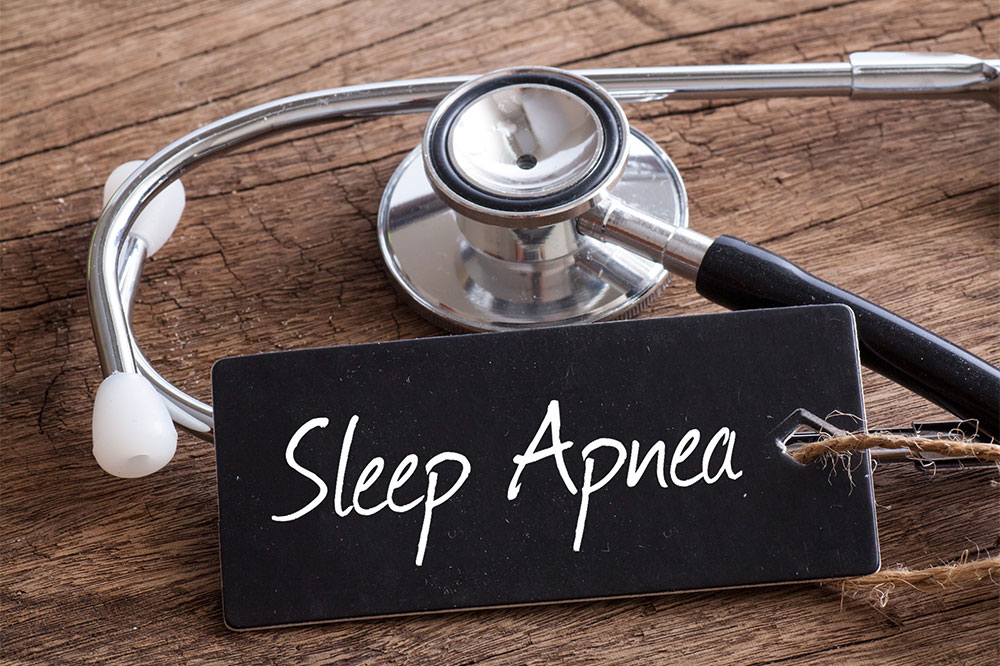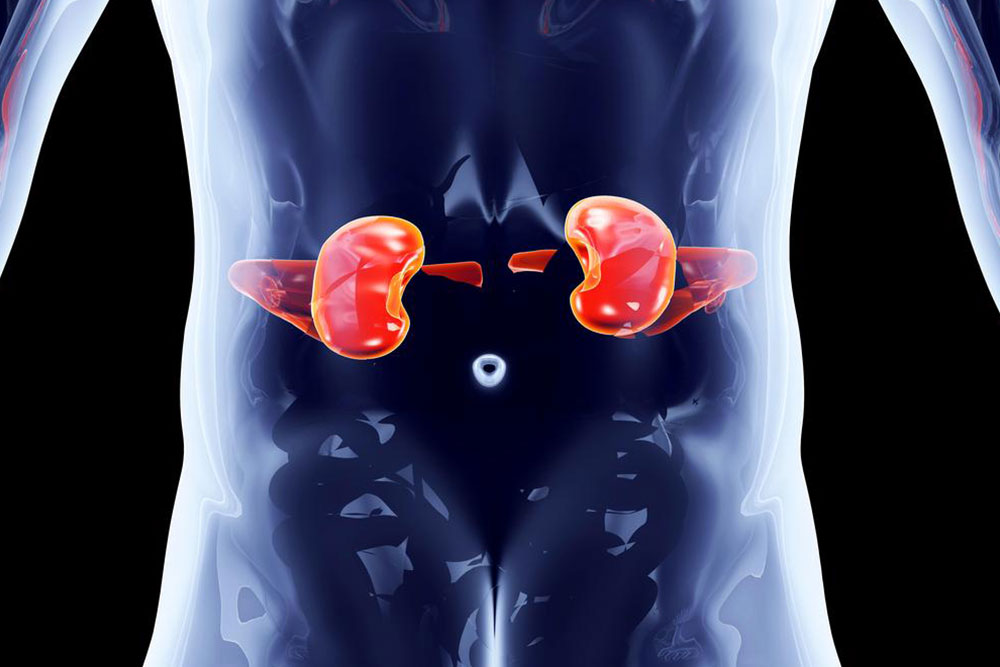Effective Strategies for Managing Sleep Apnea
Learn effective ways to manage sleep apnea through lifestyle changes, including using humidifiers, oral appliances, staying active, and maintaining a healthy weight. These strategies can improve sleep quality and overall health, reducing the risk of related complications. Consult healthcare providers for personalized treatment options.

Effective Strategies for Managing Sleep Apnea
Sleep apnea is a condition characterized by interrupted breathing during sleep, causing patients to wake up gasping multiple times a night. These fragmented sleep patterns can lead to various health issues, including heightened stress levels, mental health problems, cardiovascular risks, weakened immune defenses, and memory issues. Making certain lifestyle adjustments can significantly alleviate symptoms and improve sleep quality.
Humidifier Usage
Dry air environments can worsen breathing difficulties. Incorporating a humidifier into your room increases moisture in the air, helping to keep airways open and promoting easier breathing. Enhancing this with soothing essential oils like lavender or eucalyptus may further support restful sleep.
Oral Devices
Custom or over-the-counter oral appliances can help manage sleep apnea by repositioning the jaw or tongue to prevent airway blockage during sleep. For personalized solutions, consult your dentist to get a device tailored specifically for your needs.
Stay Active
Regular physical activity strengthens the heart, improves endurance, and facilitates smoother airflow through nasal passages. Engaging in breathing exercises or yoga can also enhance oxygen intake and promote consistent, undisturbed sleep.
Maintain a Healthy Weight
Excess weight, especially around the upper body, can narrow airways and cause breathing irregularities. Achieving and maintaining a healthy weight through diet and exercise can significantly reduce sleep apnea symptoms, and in some cases, eliminate the condition entirely. However, weight gain may cause symptoms to return, so ongoing management is key.










